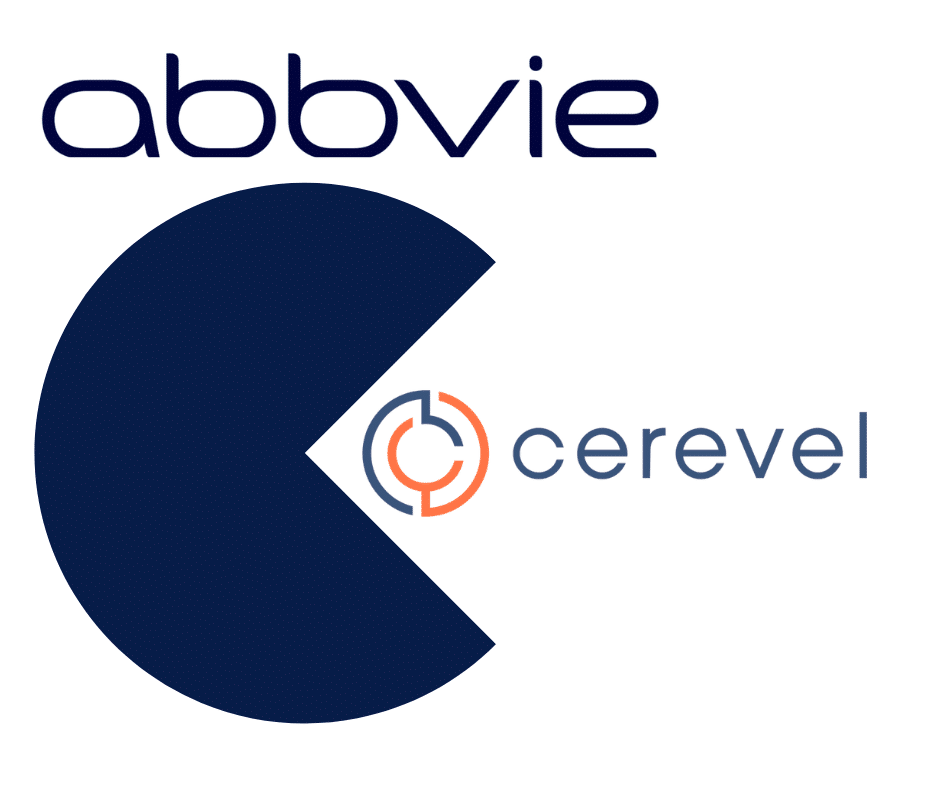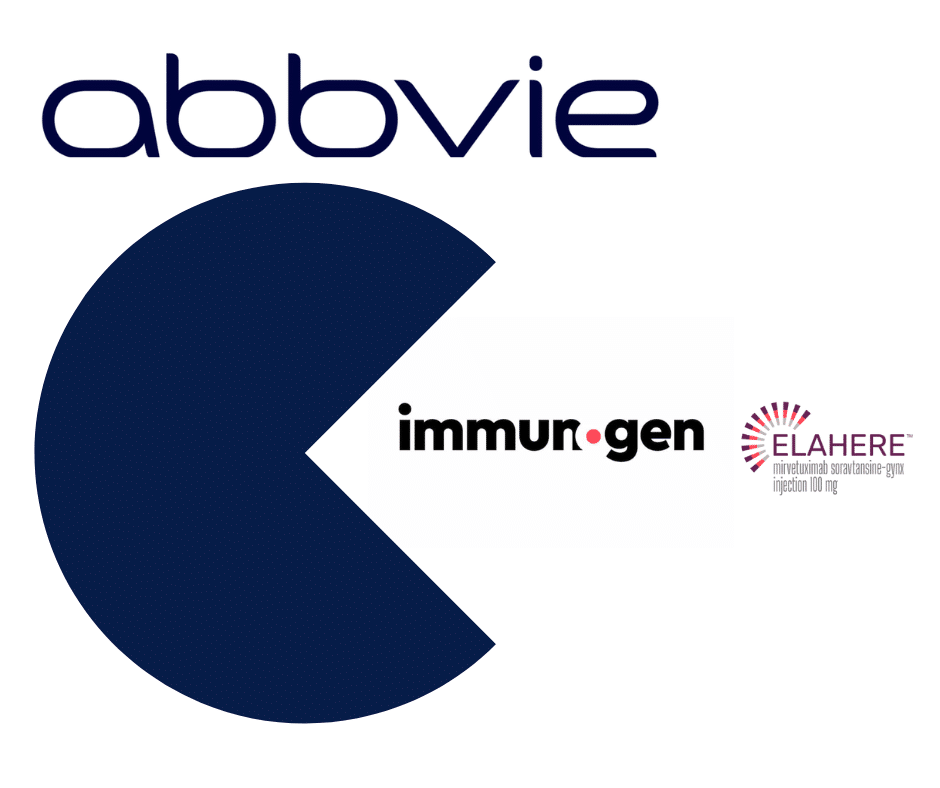
Getting to the source of all that ails you! No side effects! Learn all about it while having a great meal!
When one thinks of seminar on stem cell therapy, this is not necessarily what comes to mind. Rather the visual is a scientific symposium in which scientists enthusiastically remark on well-cited studies and hypothesize how this might eventually translate to FDA approved patient care. But this is the consumer-focused stem cell industry. This growing segment of health care consists of clinics which use the inhalation or injection of stem cells usually of umbilical origin, to treat a multitude of conditions. Deemed experimental by the FDA and other country-specific regulatory agencies, they are not covered by insurance and paid for by consumers out-of-pocket.
Going directly to the patient, they use various marketing tactics such as seminars held at a local restaurant or similar venues. The leader at one seminar was a non-clinician who could be described as a cross between a car salesperson and time share pitchman. Surprisingly though physicians are employed by these clinics, they were suspiciously absent. Nor were there any unaffiliated clinical key opinion leaders to speak to the therapy’s benefits. There were plenty of videotaped patient testimonials and even some studies showing clinical benefits of stem cell therapy, however no credible data drawn from the patients treated at the company’s clinics.
While the therapy is not covered by insurance and the delivery of the information is a bit campy with little scientific rigor, one could not overlook the fact that these seminars get pretty packed. It could be the free lunch, but it also may be attributed to other factors that draw in potential patients. Industry should keep stem cell clinics on the radar screen as part of the overall ecosystem. While not a “traditional” competitor they are nonetheless competitors in the mind of the consumer. Below are five things learned from attending a consumer stem cell therapy seminar.
- Companies knock out the middle man and go directly to the consumer
Consumer-focused stem cell clinics aim straight for the patient, bypassing clinicians completely. This may make sense to them as it is the patient who is shelling out anywhere from $5K to $12K for a series of treatments. Companies host consumer-focused website, advertisements, and will invite prospective patients to local-level educational seminars held at upper-end restaurants. At seminars, part of the presentation involves signing people up for evaluations right on the spot, and no one gets served their food until the pitch is over.
- They sell hope
Clinics claim that through the injection or inhalation of stem cells, they can cure or significantly decrease the severity of a multitude of diseases from COPD and arthritis to neuropathy, ALS and dementia. Terms such as “turn back the clock” accompany testimonial videos in which elated patients exclaim how they got their life back again.
Scanning the seminar attendees, it is clear that many are striving for hope. Most were older adults and quite a few had mobility issues with others struggling with dementia.
- The overarching message is that of cynicism of standard medical treatment (this includes the FDA and pharma)
A main assertion is that standard medical treatment does not work for many illnesses and even downright harmful due to adverse side effects. A seminar leader even went as far to say that the FDA keeps stem cell therapy experimental to protect the pharmaceutical companies by keeping people permanently dependent on medications rather than curing their illnesses.
As mentioned in item 1, stem cell clinics circumvent the standard medical system, thus going straight to the consumer. In fact, patients were discouraged to discuss this therapy with their own doctors being told that they might be intimidated since they don’t know enough about it.
- They boast “positive” side effects
Stem cell clinics speak not only to the lack of side effects normally found with conventional treatments, but their having benefits that go beyond the condition being treated. They allude to a fact that the stem cells employed are supposedly not specific which is why they can be used for a wide range of conditions. So for example when used to treat an arthritic knee, they claim that patients might also report improved vision or lessen symptoms of dementia.
- There is a focus on empowering the patient
Consumer empowerment is a driving force within the ecosystem for any disease, and its key components must be fully appreciated when building a product strategy. There is the sentiment shared by some that they have been failed by standard medical care. This has not been lost on the consumer-focused stem cell industry. One of the companies’ main criticisms is that patients have no control and that they are at the mercy of their physicians, hospitals, and the therapeutics industry. Offering a “cure” over alleviating symptoms provides a greater sense that they are in control of their disease and their lives.
Patients are getting more informed and thus more empowered, which are all very positive things. Understanding the multiple ways they interface with the health system and the endless options – traditional and non-traditional – that they are exposed to, is instrumental to product positioning, uptake and ultimately success. It is critical that consumer-focused stem cell and other non-approved treatments not be discounted and rather be included as a viable component of a disease ecosystem map.
Snowfish has pioneered a unique approach of mapping the disease state ecosystem including non-traditional competitors and key stakeholders designed to meet the needs of the particular product. To learn more, please feel free to contact us at sales@snowfish.net.
- Market Access: The Latest Hurdle for Treating Alzheimer’s and Dementia - June 14, 2023
- Rare Disease Outreach a Missed Opportunity - November 7, 2022
- So You Read Our Previous Post on Biomarkers? - August 1, 2022



